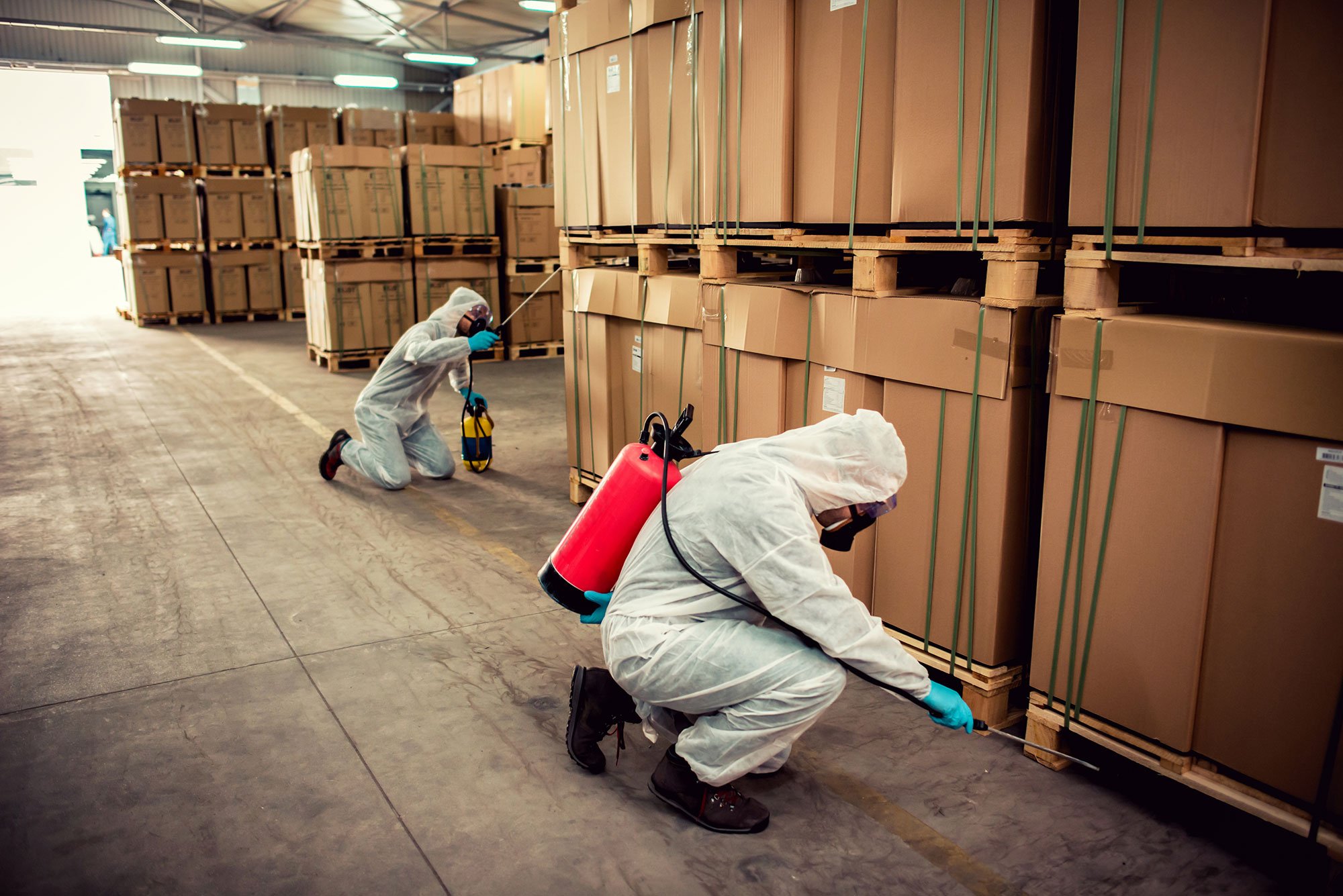Unleashing the Potential of Royale168: A Player’s Guide
Royale168 is a popular online casino platform that has taken the gambling world by storm. This platform offers an extensive range of games, including slots, poker, blackjack, and roulette. The impressive array of games coupled with its user-friendly interface makes it a favorite among both seasoned gamblers and beginners.
The potential of Royale168 lies in its ability to provide an immersive gaming experience. Its high-definition graphics and realistic sound effects transport players into the heart of Las Vegas without ever having to leave their homes. Moreover, Royale168 ensures fair play through random number generators (RNGs) that make sure all game outcomes are entirely random and unbiased.
One remarkable feature about royale168 is its accessibility. It can be accessed from any device – be it a computer or mobile phone – as long as there’s internet connectivity. This convenience allows players to indulge in their favorite games anytime, anywhere.
Furthermore, for those who enjoy competing against other players rather than playing solo against the system, Royale168 offers live dealer games where you can interact with real dealers and other players in real-time.
In terms of bonuses and promotions, Royale168 does not disappoint either; new members are welcomed with generous sign-up bonuses while regular members enjoy frequent promotional offers to keep their gaming experience exciting.
However, unleashing the full potential of this platform requires understanding how it works thoroughly. Beginners should start by exploring different game types available on the site before settling on one they find most enjoyable or comfortable playing.
Players should also understand how bonuses work; these freebies can significantly increase your chances of winning if used correctly but remember that they often come with wagering requirements which must be fulfilled before withdrawing winnings earned using bonus money.
Another critical aspect is responsible gambling; while online casinos like Royale168 offer fun-filled entertainment avenues, they shouldn’t become a source of financial stress or addiction for players. Setting limits on time spent playing or amount wagered per session can help maintain a healthy balance between entertainment and responsible gambling.
Lastly, players should remember that the primary purpose of online casinos is to provide entertainment. Winning is an added bonus, not a guarantee. So, while it’s okay to strategize and aim for the jackpot, don’t lose sight of the fun element in pursuit of winnings.
In conclusion, Royale168 offers an unmatched online casino experience with its diverse game offerings and user-friendly platform. By understanding how this platform works and maintaining a responsible approach towards gambling, players can truly unleash the potential of Royale168 for a thrilling gaming experience.













